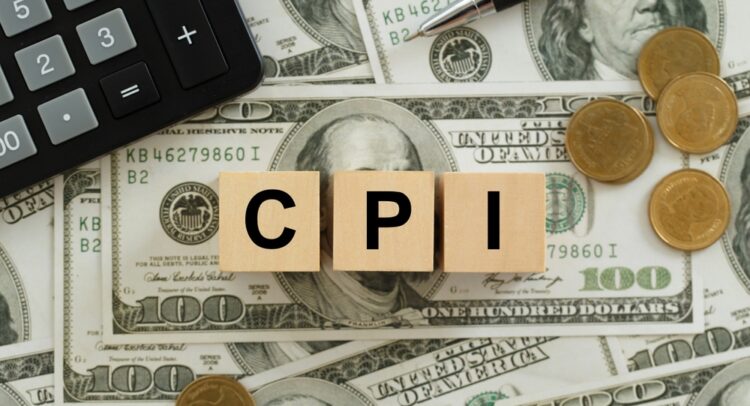Investors were closely watching the Consumer Price Index (CPI) report today after the failure of two regional banks resulted in stock markets being jittery. In addition, the jobs market last week indicated that the labor market was still tight but wage inflation is cooling down.
The turmoil in the financial markets has left economists divided on whether today’s CPI report will push the Federal Reserve to raise interest rates at its meeting next week, especially after the collapse of SVB and Signature Bank.
Today’s report indicated that the CPI index rose at a slower pace of 0.4% in February on a seasonally adjusted basis, after rising by 0.5% in January. This was in line with estimates. Over the past year, the index rose by 6% before seasonal adjustment and was the smallest year-on-year increase since September 2021. In the year through January, CPI grew at 6.4%.
The index for shelter made up 70% of the increase in CPI and was the largest contributor to the monthly all-items increase. The food index inched up by 0.4% in February while the energy index declined by 0.6% as the natural gas and fuel oil indices both fell.
Futures on the Nasdaq 100 (NDX), S&P 500 (SPX), and the Dow Jones Industrial Average (DJIA) were up by 0.8%, 0.9%, and 0.8%, respectively, at 8:40 a.m. EST, March 14 following the CPI report.
According to the CME Group’s FedWatch tool, investors have already priced in a 25 basis point hike in interest rates. Fed Chairman Jerome Powell had indicated last week that the Fed would likely need to bump up the interest rates more than expected. However, some economists expect the Fed to pause its monetary tightening policy.
David Kelly, Chief Global Strategist at JPMorgan Funds in New York told Reuters, “It should be noted that these problems (at smaller banks) were largely set up by over-easy Fed policy for many years and are now being triggered by excessive tightening. In light of this reality, it is possible that the Fed will now halt its tightening cycle.”
















